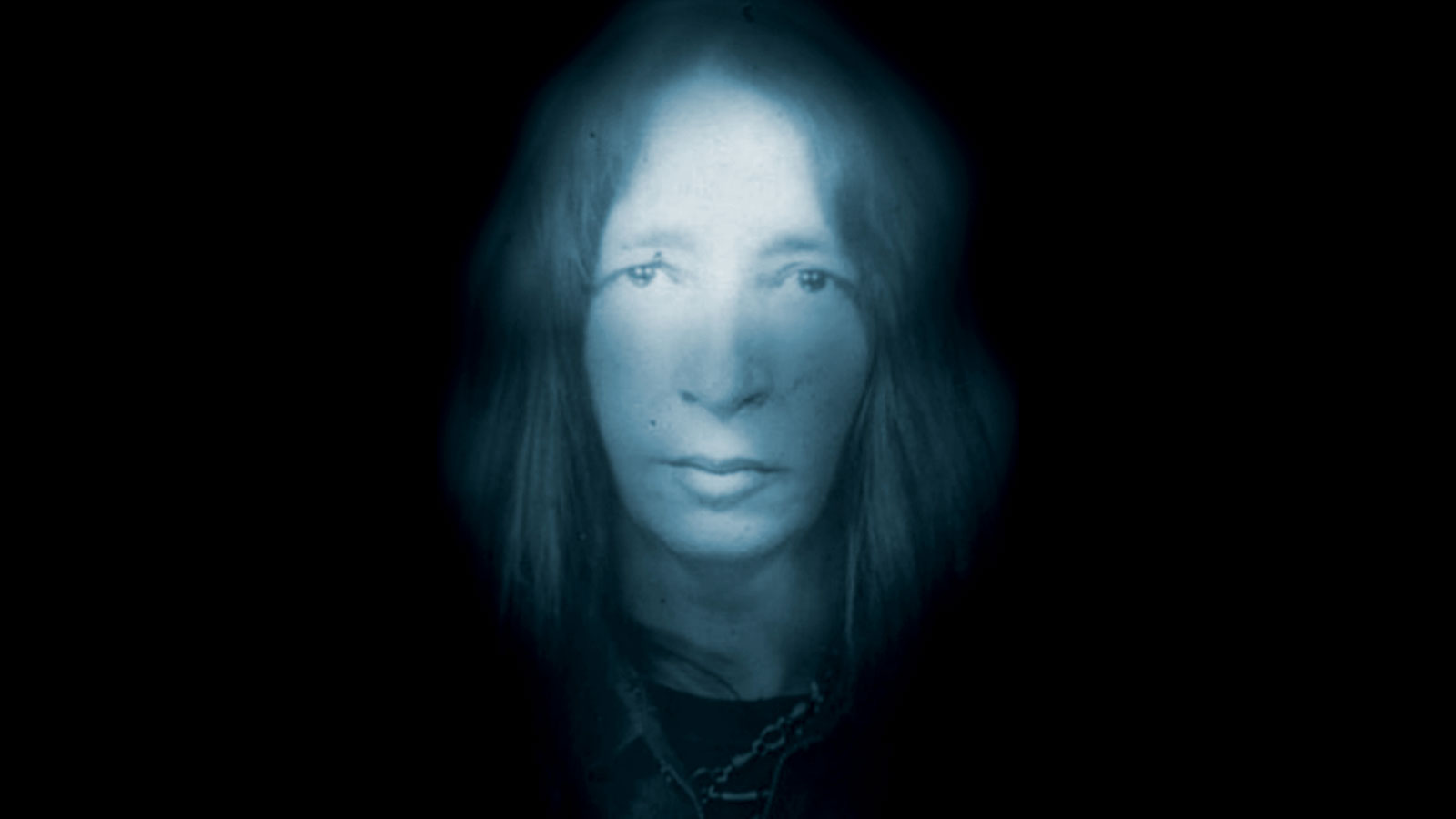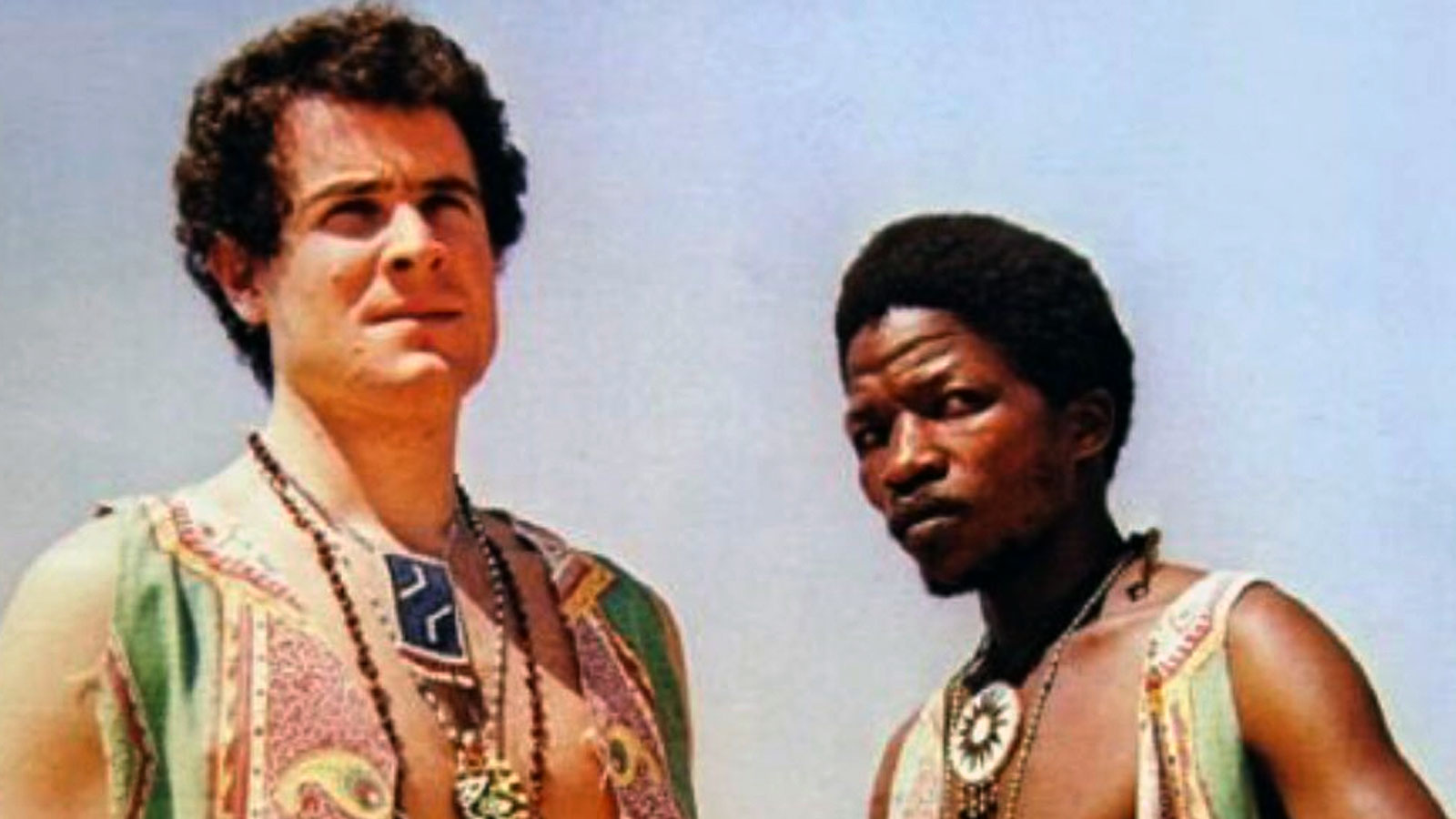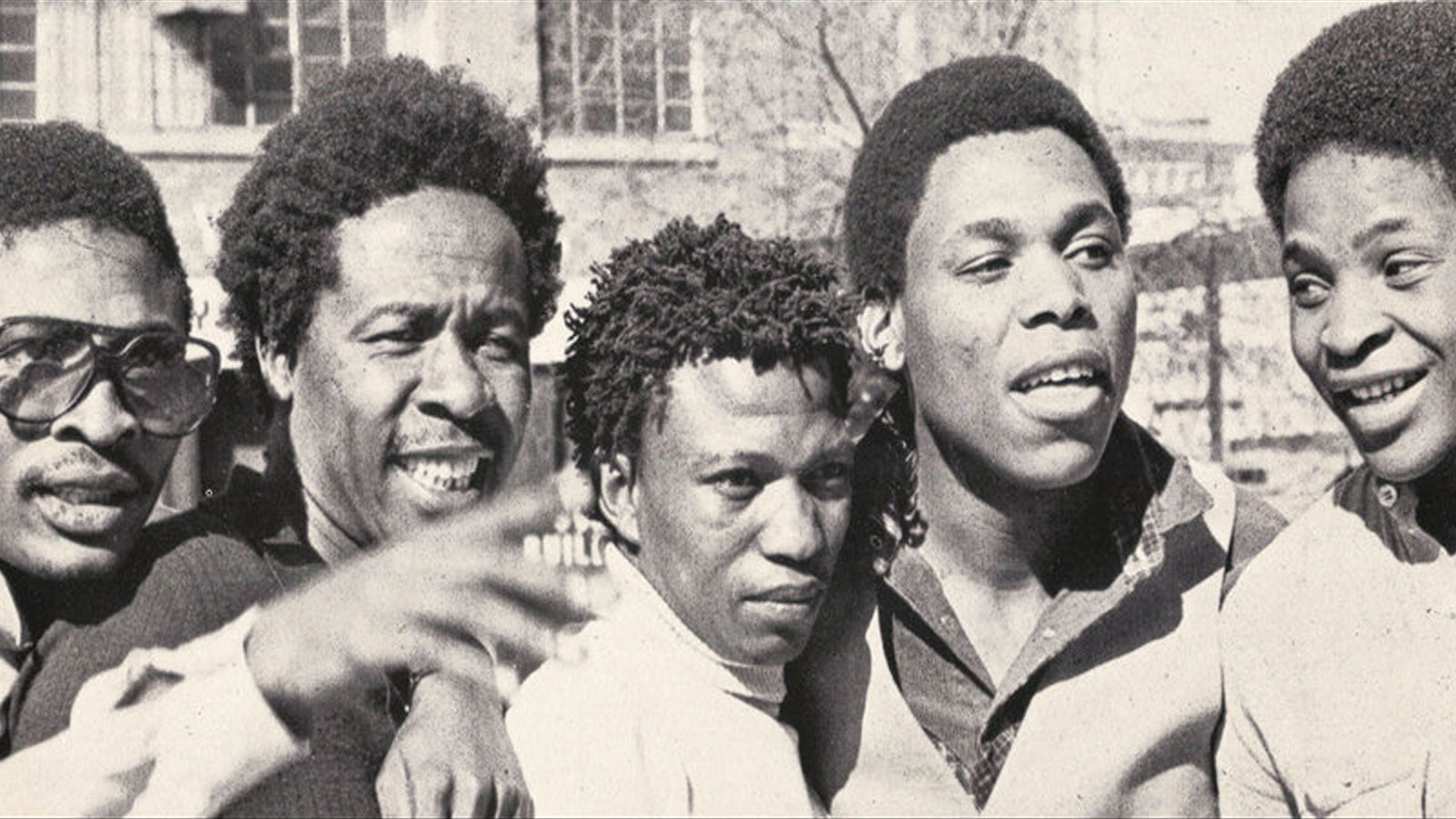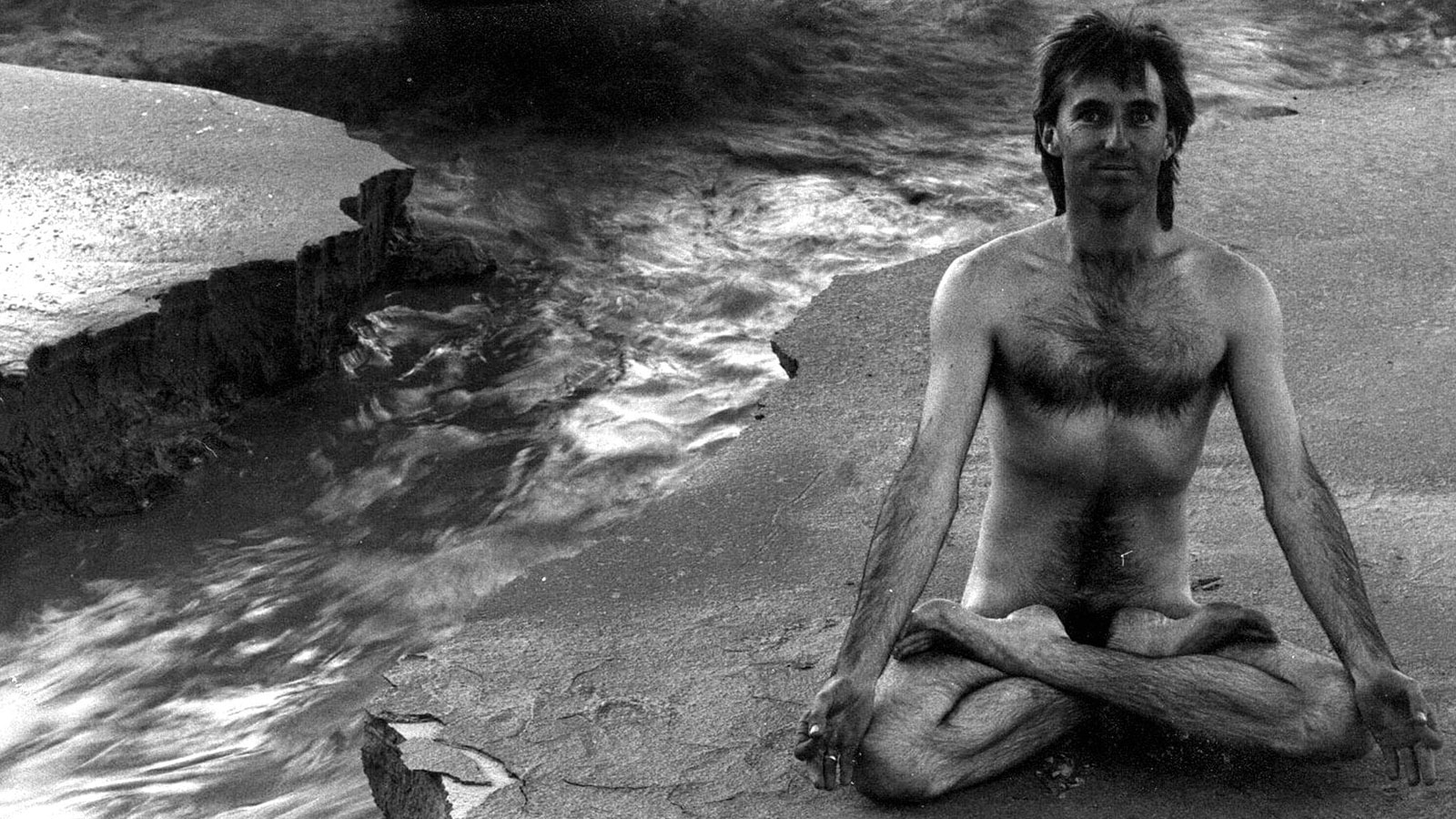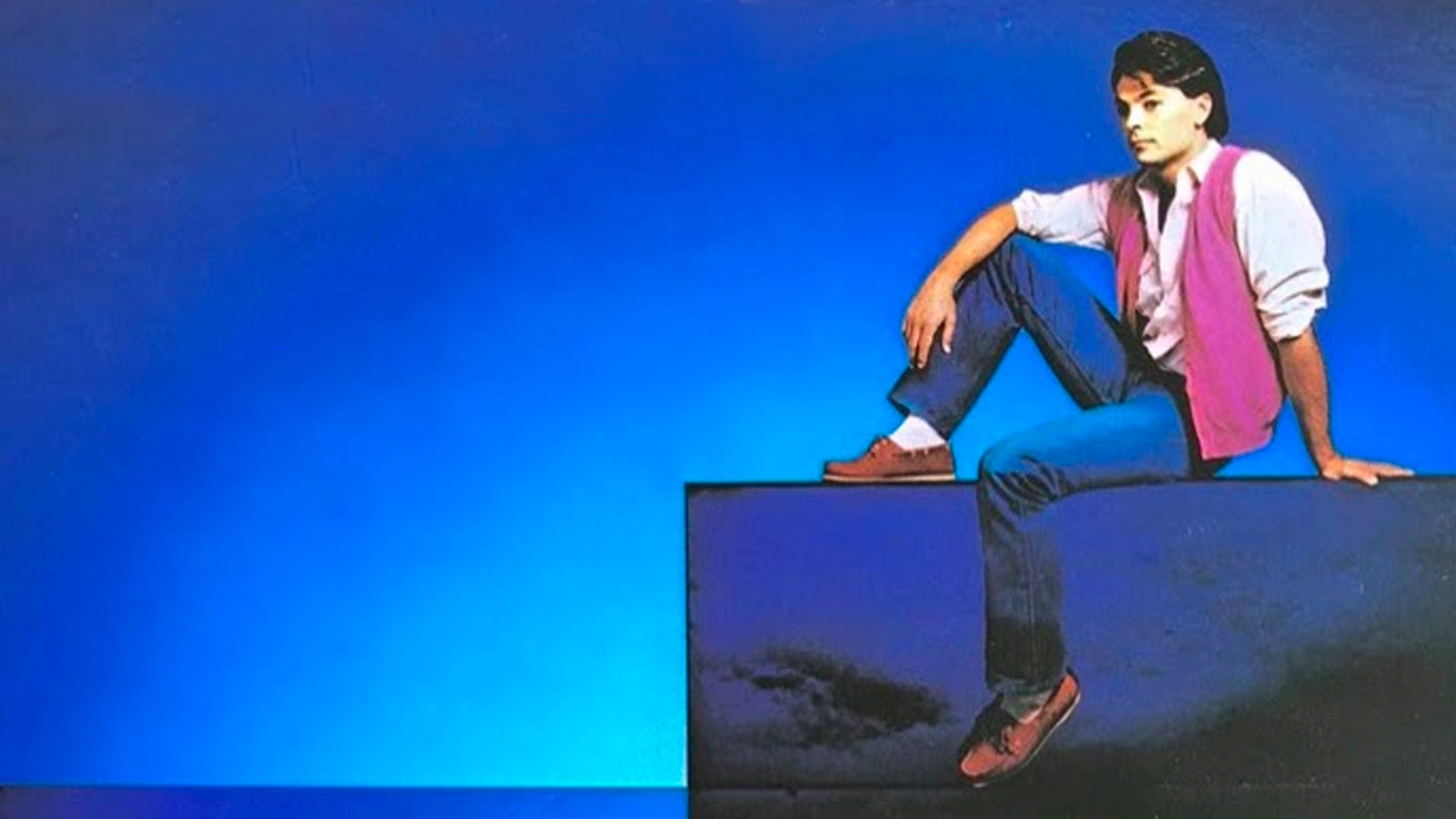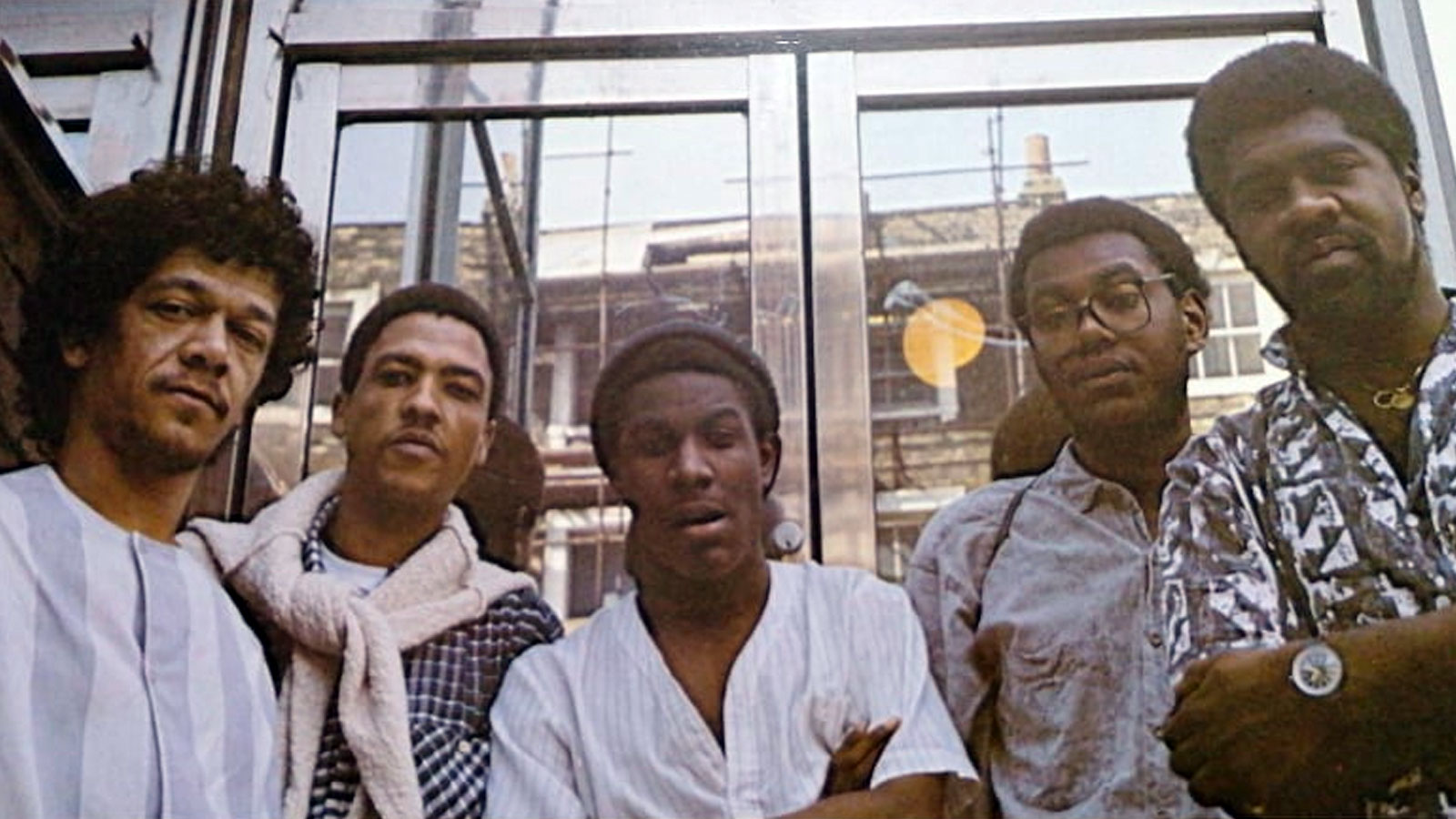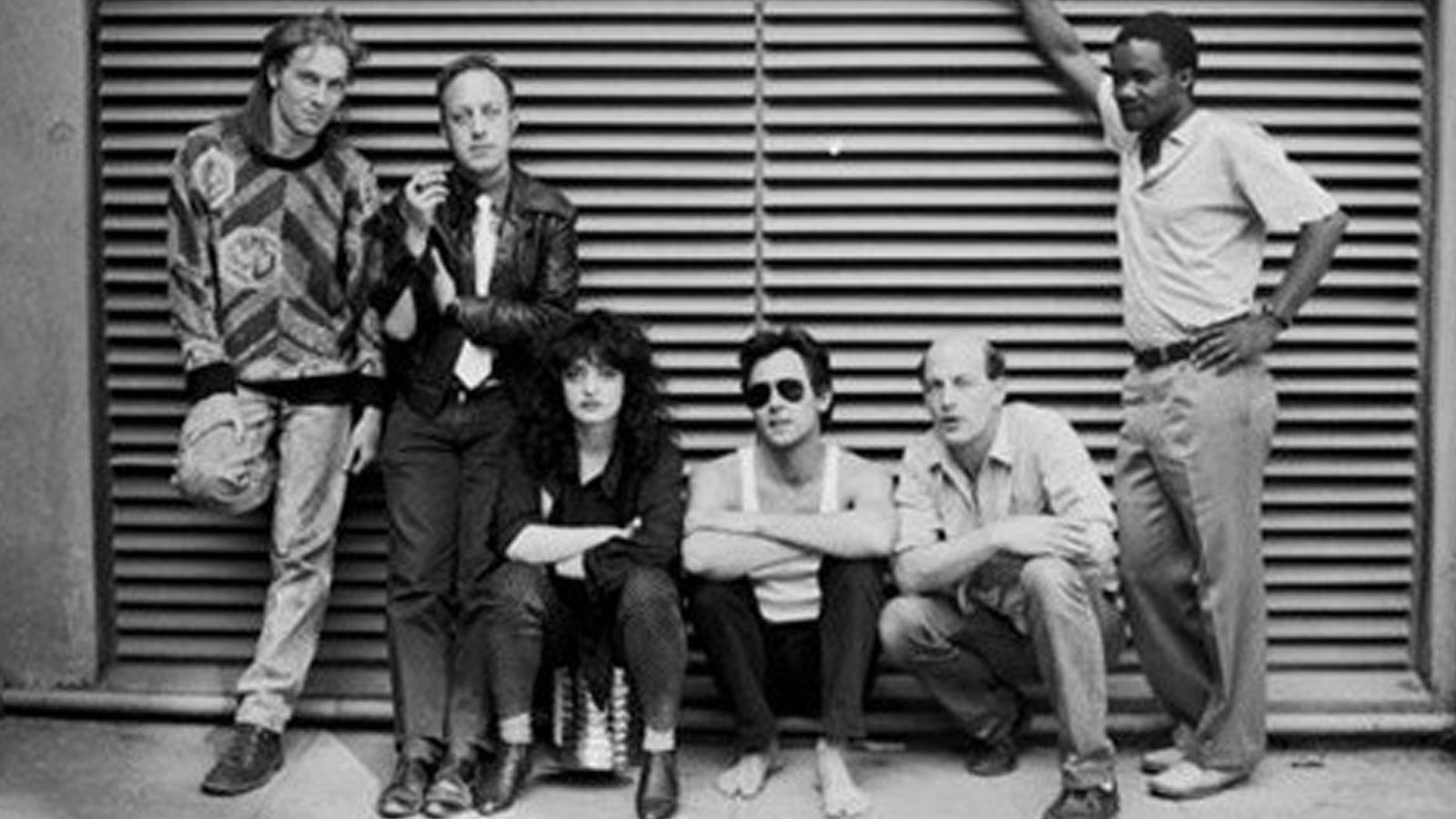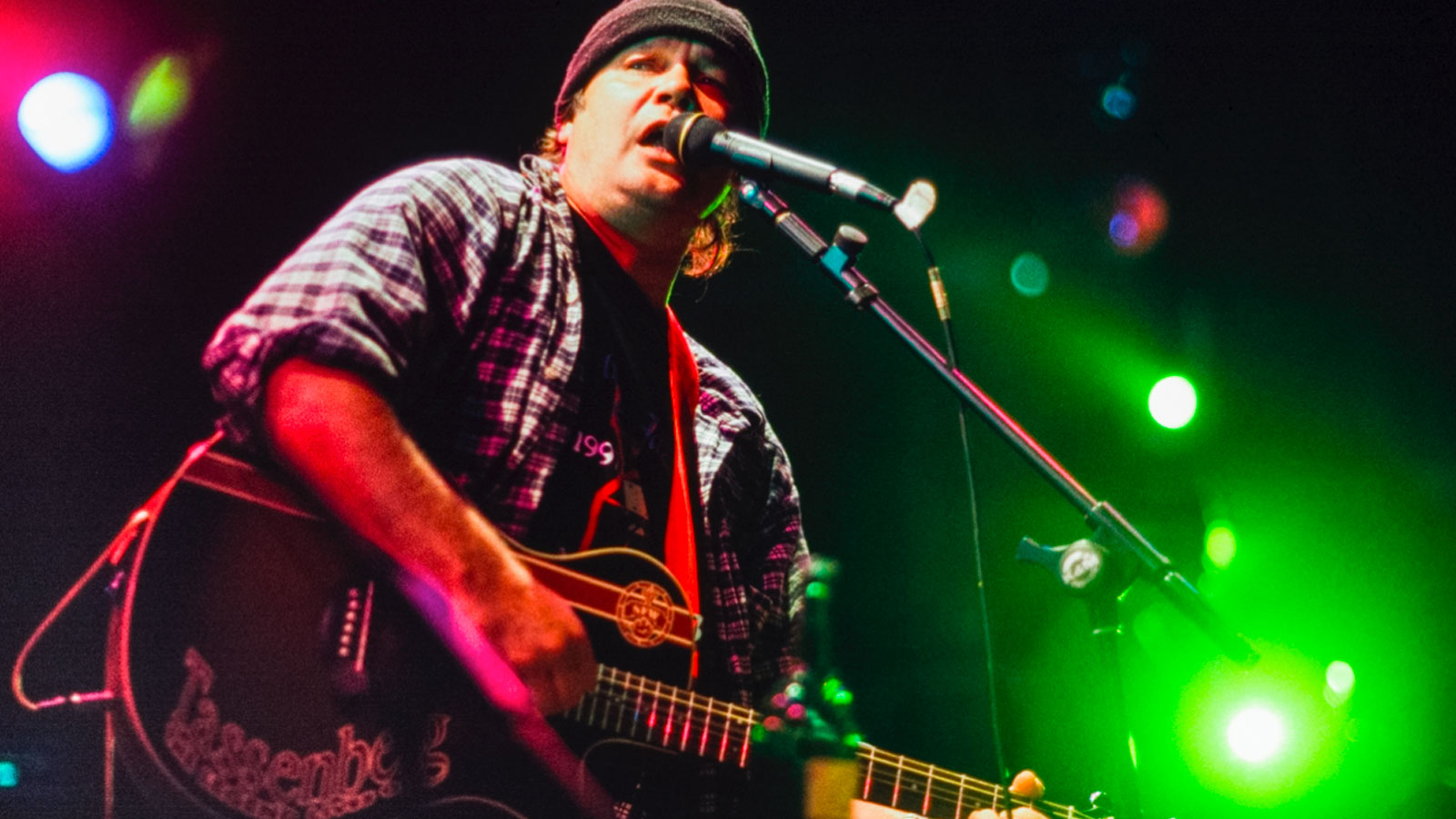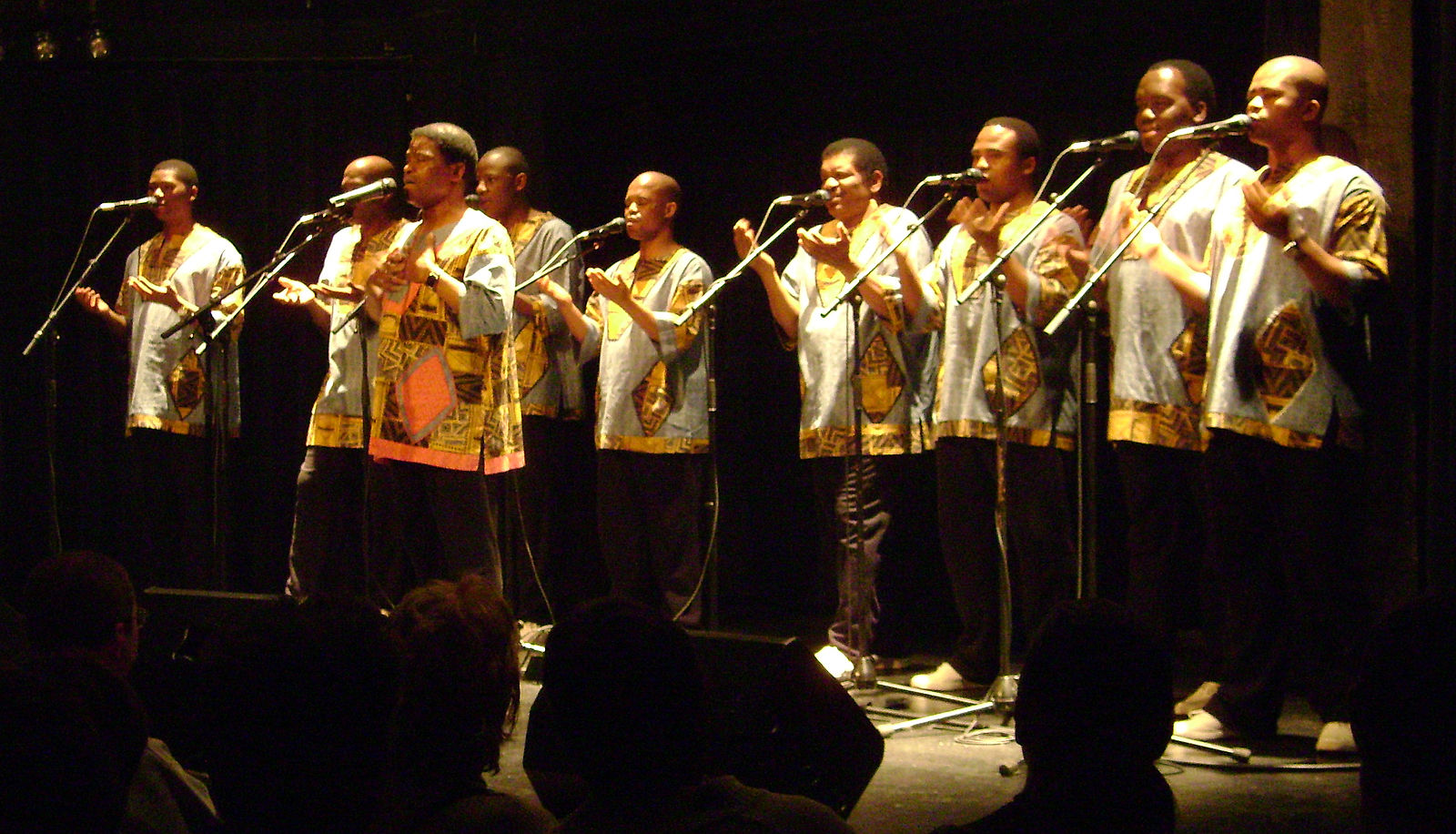Formed by Julian Laxton in the mid-1970s it was always a studio project
more than a formal band with a fixed lineup which toured. Julian Laxton was initially guitarist with Freedom’s Children and Hawk (in both of these instances he was not one of the original members).
The Julian Laxton Band released one album, Celebrate, in 1977 and several singles which all received radio play on the SABC. These included “Celebrate” (1976), “Blue Water” (1976), “Fooled Around and Fell in Love (1977), “Down The Line” (1977) and “Make A Stand For Love” (1981).
Over the years the Julian Laxton Band included the vocalists Eugene Savage (1976), John Weddepohl (1977), Frankie Gibb (1978), Ronnie Padlas (1980), Cedric Samson (1980) and Huey Bush (1981). Bass guitarists included Trevor Rabin, Ronnie Robot and John Hawkrigg, drummers included Neil Cloud,
Kevin Kruger and Larry Friedburg while keyboard players included and Alan Goldswain and Arthur Stead. The Stockley Sisters and Patrick Van Blerk occasionally featured as backing vocalists.
After 1981 he focused more strongly on film music, writing the very successful theme music for the Shaka Zulu television series, the theme song of which (“We Are Growing” [1986] performed by Margaret Singana) charted in European countries despite the cultural boycott.
He has continued to perform in and around Johannesburg and work as a producer for the likes of Lucky Dube and Mango Groove.


